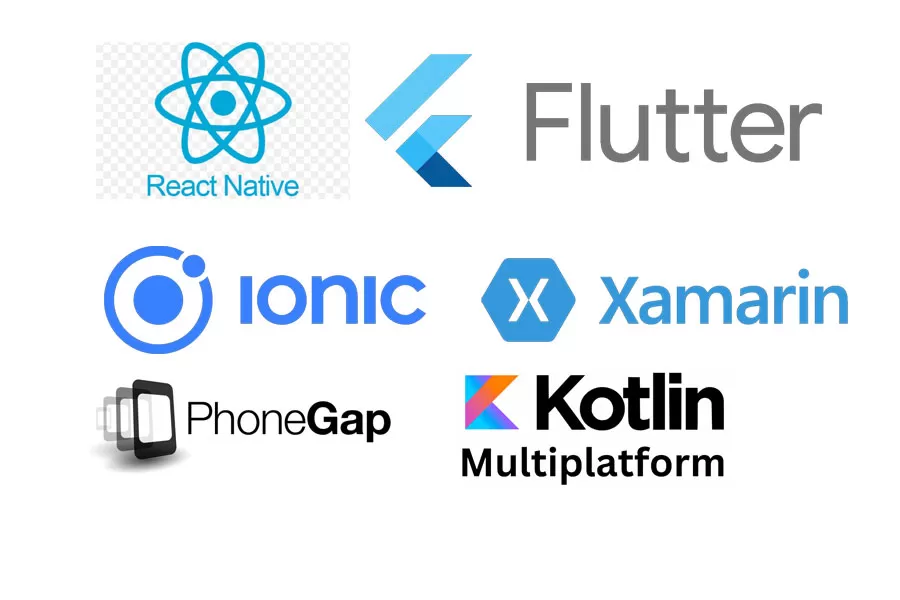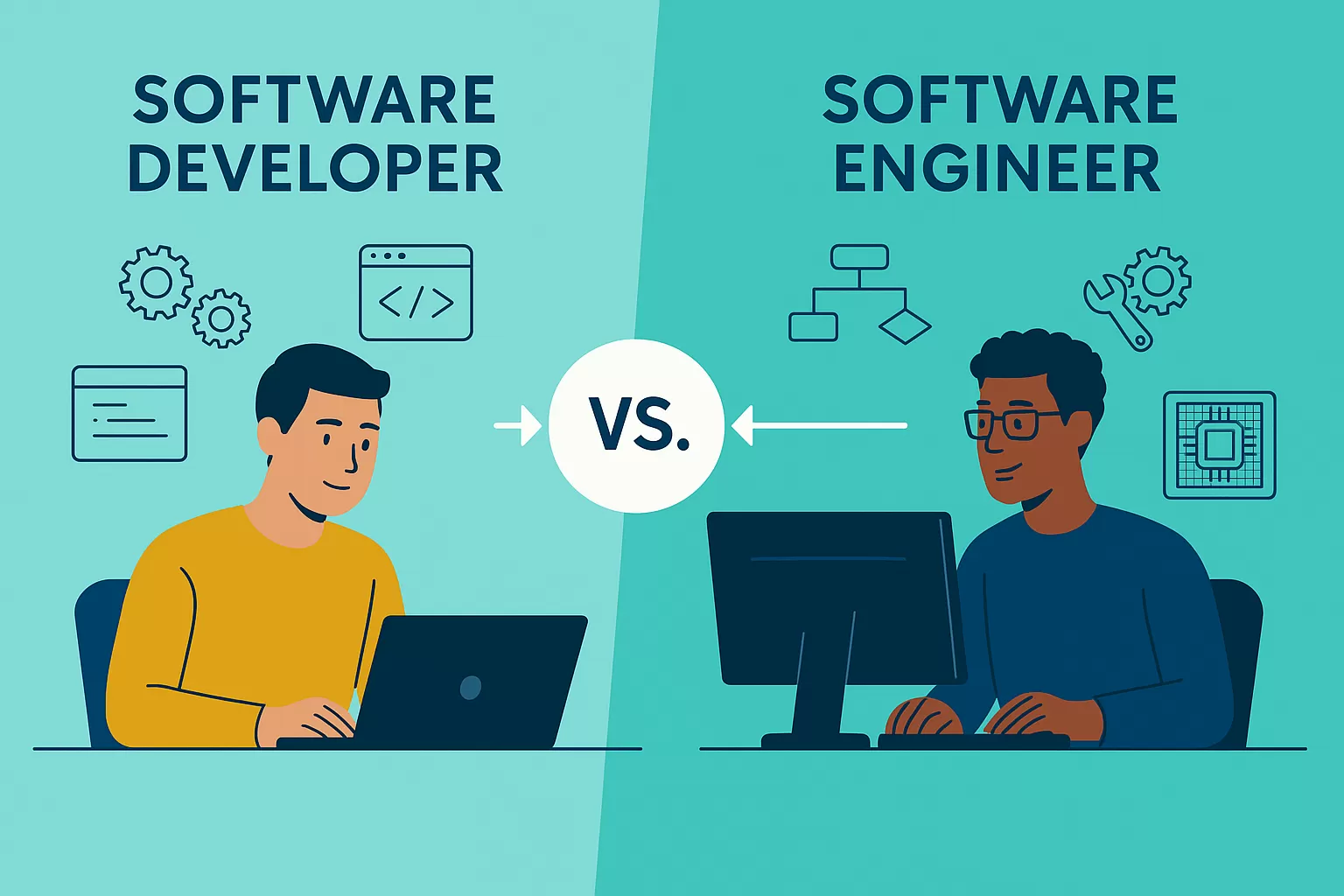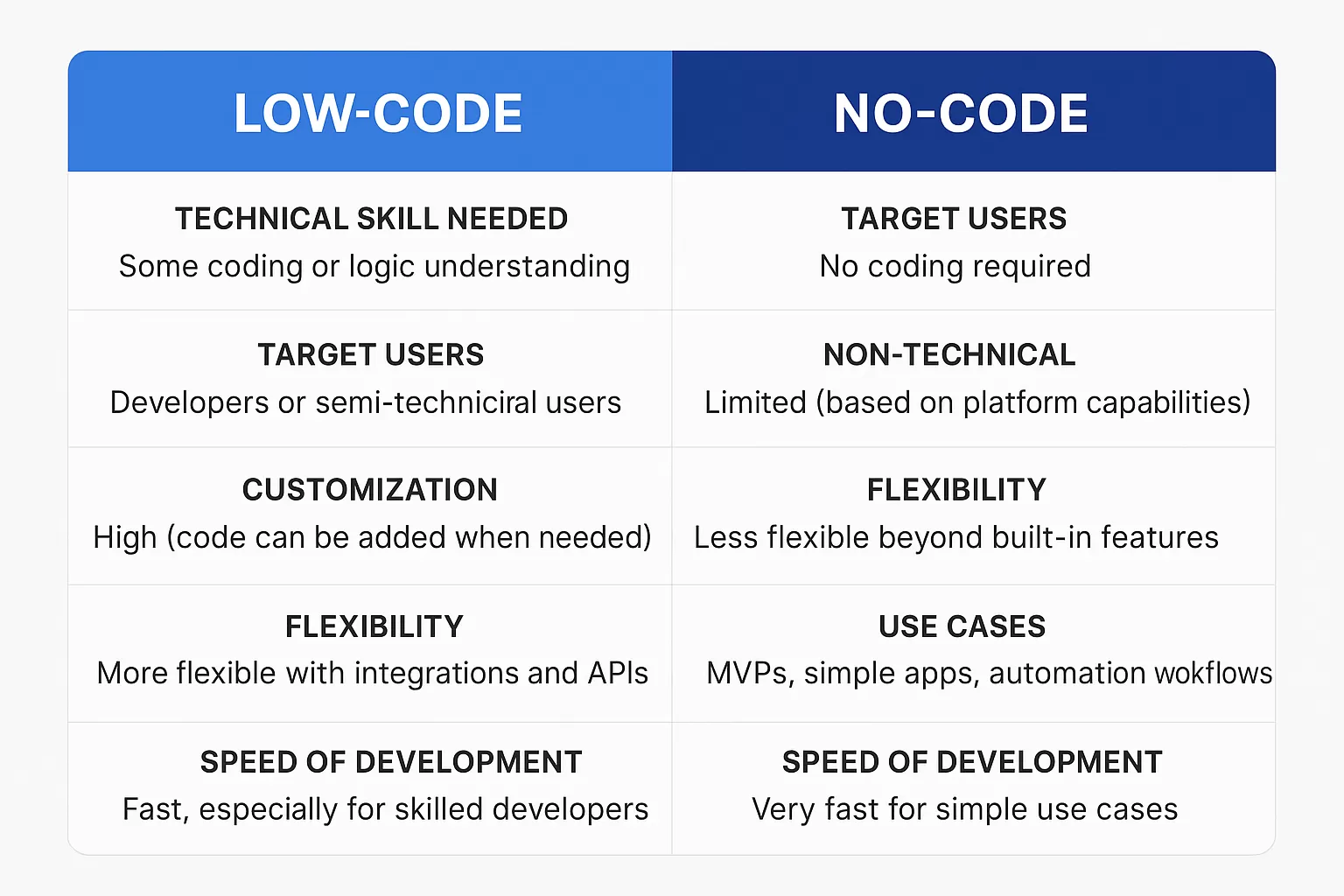
- Services .
- Industries .
- Company .
Explore detailed insights, expert opinions, and updates in our blog. Stay informed, discover new perspectives, and enhance your knowledge with every read.

As we step into 2025, the rapid advancements in technology have given rise to new possibilities, and quantum computing is one of the most intriguing breakthroughs. With its potential to revolutionize industries, from healthcare to finance, one pressing concern is how it could impact website security. In this blog, we explore the intersection of quantum computing and website security, specifically focusing on the implications for website and mobile app developers and the role AI services play in safeguarding sensitive data.
What is Quantum Computing?
Quantum computing is a new paradigm in computing that uses the principles of quantum mechanics to solve complex problems far faster than traditional computers. Unlike classical computers, which use bits to represent either a 0 or a 1, quantum computers use qubits. These qubits can exist in multiple states simultaneously, enabling quantum computers to process vast amounts of data at incredible speeds.
While quantum computing holds promise in fields like artificial intelligence (AI), cryptography, and optimization problems, it also poses a serious challenge to traditional encryption methods that protect websites and mobile apps.
Can Quantum Computers Hack Websites?
Quantum computers have the potential to break current encryption algorithms that websites and mobile apps rely on for securing user data. Here's how:
The Future of Website and Mobile App Security in 2025
As quantum computing advances, website and mobile app developers must take proactive steps to future-proof their security measures. Here’s how the landscape of website and mobile app security is likely to evolve by 2025:
How Can AI Services Help?
AI services are already transforming the way websites and mobile apps are developed and secured. In the context of quantum computing threats, AI can provide the following benefits:
Conclusion
The rise of quantum computing brings exciting possibilities, but it also introduces new security risks that developers must address. As we move into 2025, the need for advanced website and mobile app security solutions will become more pressing. By embracing AI-driven security systems and adopting post-quantum cryptographic methods, businesses can stay one step ahead of the threat posed by quantum computers.
For businesses offering website and mobile app development, this shift provides an opportunity to offer advanced, future-proof solutions to clients. By prioritizing AI-powered security and staying ahead of the curve with quantum-resistant technologies, developers can ensure that their applications remain secure in the quantum era.
Is your business ready for the future of security? Explore the latest in website and mobile app development with AI-powered solutions to protect your users from emerging threats. Stay secure, stay ahead!

How to Economically Hire Web and Mobile App Developers

Cross-Platform App Development Guide for Startups

Custom Web Application Development Guide for Startups

AI in Foreign Policy: Transforming Global Diplomacy

How AI and 5G Are Reshaping the Future of Telecom

How AI Is Shaping the Future of Entertainment Content

Solving Tech Debt: Smart Strategies That Boost Growth

Software Developer vs. Software Engineer: What’s the Difference?

Low-code vs. no-code app development

What Is Digital Transformation? A Modern Business Guide